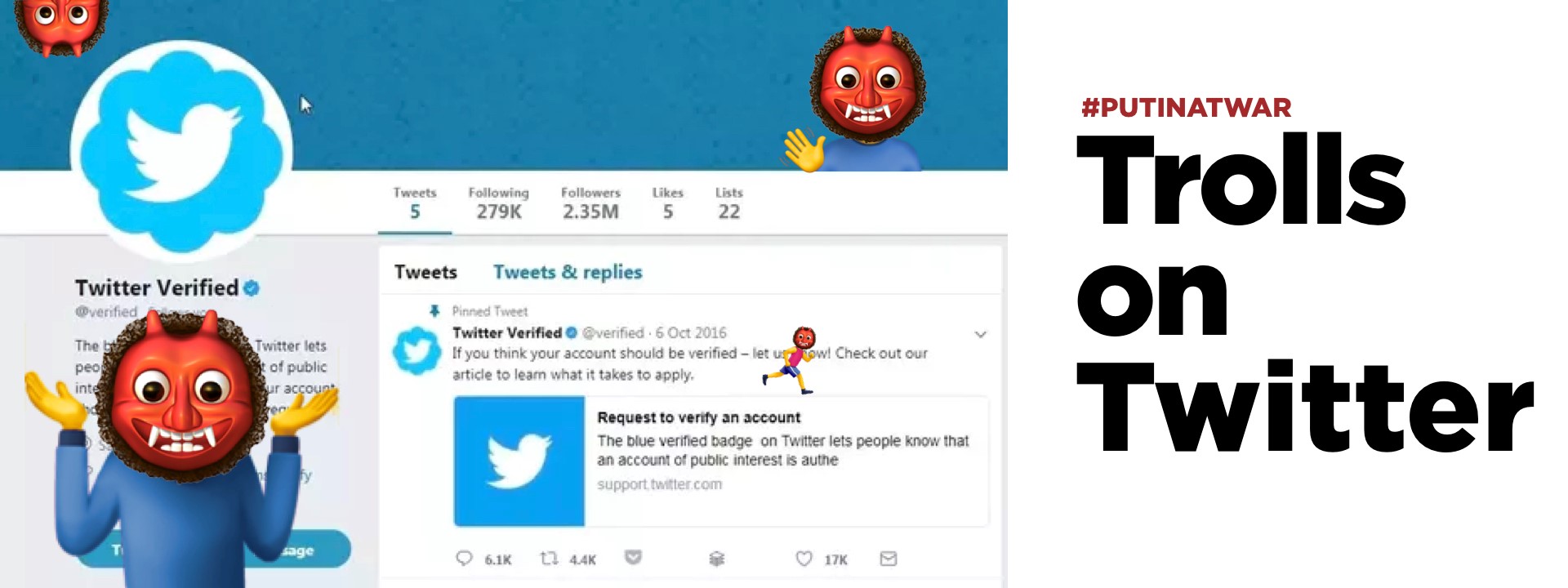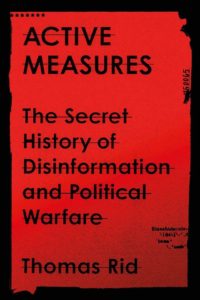
DFRLab
China isn’t the only authoritarian regime to take advantage of the Covid-19 pandemic to expand its sharp power in an effort to undermine democratic norms and institutions.
Russia’s decade-long health disinformation campaign against the United States and other Western democracies uses social media and news outlets to sow confusion and hurt institutions, William J. Broad writes for the New York Times.
Russian disinformation has been attacking US science for decades, since the beginning of the AIDS crisis. Nothing has changed, Anne Applebaum tweeted (@anneapplebaum).
Some Russian analysts and opinion leaders have tried to portray the West’s determination to keep sanctions in place through the COVID-19 pandemic as an example of ideological bankruptcy, adds Brian Whitmore, a Senior Fellow & Director of the Russia Program at the Center for European Policy Analysis.
In an op-ed for Rossiskaya Gazeta, the Russian government’s official newspaper, the influential foreign affairs analyst Fyodor Lukyanov argued that it is unlikely that the West would lift sanctions because doing so would “mean giving up on a certain ‘creed’ or marker of the Western community.” Lukyanov added that “in order to function optimally,” the Western system needed “a convincing external enemy.” And given the current crisis of confidence in Western democracies, sanctions are necessary as a “bond” and “symbol that unanimity is being sustained.”
 By the time the Cold War ended, Soviet-style “active measures” had become almost routine, strategist Lawrence D. Freedman writes in a Foreign Affairs review of Active Measures: The Secret History of Disinformation and Political Warfare by Thomas Rid. Moscow has revived them in recent years as Russian relations with the West have become more hostile, with the added impetus and reach of social media. Rid concludes his fascinating and well-researched history by warning of the need to take the challenge of misinformation seriously while being careful to not exaggerate its effects, Freedman adds.
By the time the Cold War ended, Soviet-style “active measures” had become almost routine, strategist Lawrence D. Freedman writes in a Foreign Affairs review of Active Measures: The Secret History of Disinformation and Political Warfare by Thomas Rid. Moscow has revived them in recent years as Russian relations with the West have become more hostile, with the added impetus and reach of social media. Rid concludes his fascinating and well-researched history by warning of the need to take the challenge of misinformation seriously while being careful to not exaggerate its effects, Freedman adds.
The latest lies from suspected Russian government trolls involve the creation of the coronavirus. It’s just the latest in a long string of attempts to destabilize Russia’s traditional foes, according to an investigation by The Daily Beast.

Credit: VOA
Ukraine has been a particularly bright target for the trolls from Russia’s Secondary Infektion propaganda campaign, who have been spreading mistruths about COVID-19 infections in Ukraine, and trying to paint the government in Kyiv as a threat to Europe with forged documents and fake screenshots. So who are they lying about and how are they spreading their fakes? The Beast’s Adam Rawnsley writes:
- Election meddling: In Latvia, the trolls used a forged email from a frequent target of Russian ire, the National Endowment for Democracy (NED), as part of their meddling effort. … In 2018, as Latvians were preparing to vote for a new parliament, Secondary Infektion trolls projected Moscow’s own caricature of the NED onto an election in Latvia.
- The trolls forged an email in broken English pretending that it came from Nadia Diuk (above), a former vice president at NED who subsequently passed away. …..The idea that the NED would try to throw an election in Latvia, absurd on its face, relies on readers being ignorant not just of what the organization does but where it works. The organization hasn’t had a meaningful presence in Latvia in years as the Baltic states long ago graduated from needing any assistance in coming out from under their Soviet past.
 “What these things are aimed at is impairing free expression, distorting the political environment and otherwise sowing confusion,” said Christopher Walker, Vice President for studies and analysis at NED. “Censorship, manipulating the media are really a core competence of authoritarian regimes.”
“What these things are aimed at is impairing free expression, distorting the political environment and otherwise sowing confusion,” said Christopher Walker, Vice President for studies and analysis at NED. “Censorship, manipulating the media are really a core competence of authoritarian regimes.”
The third edition of Freedom House’s weekly newsletter, Keeping Democracy Healthy in a Pandemic, highlights key developments in Ethiopia and India, as well as a close look at China in its monthly China Media Bulletin, adds Nate Schenkkan, Director for Special Research.







